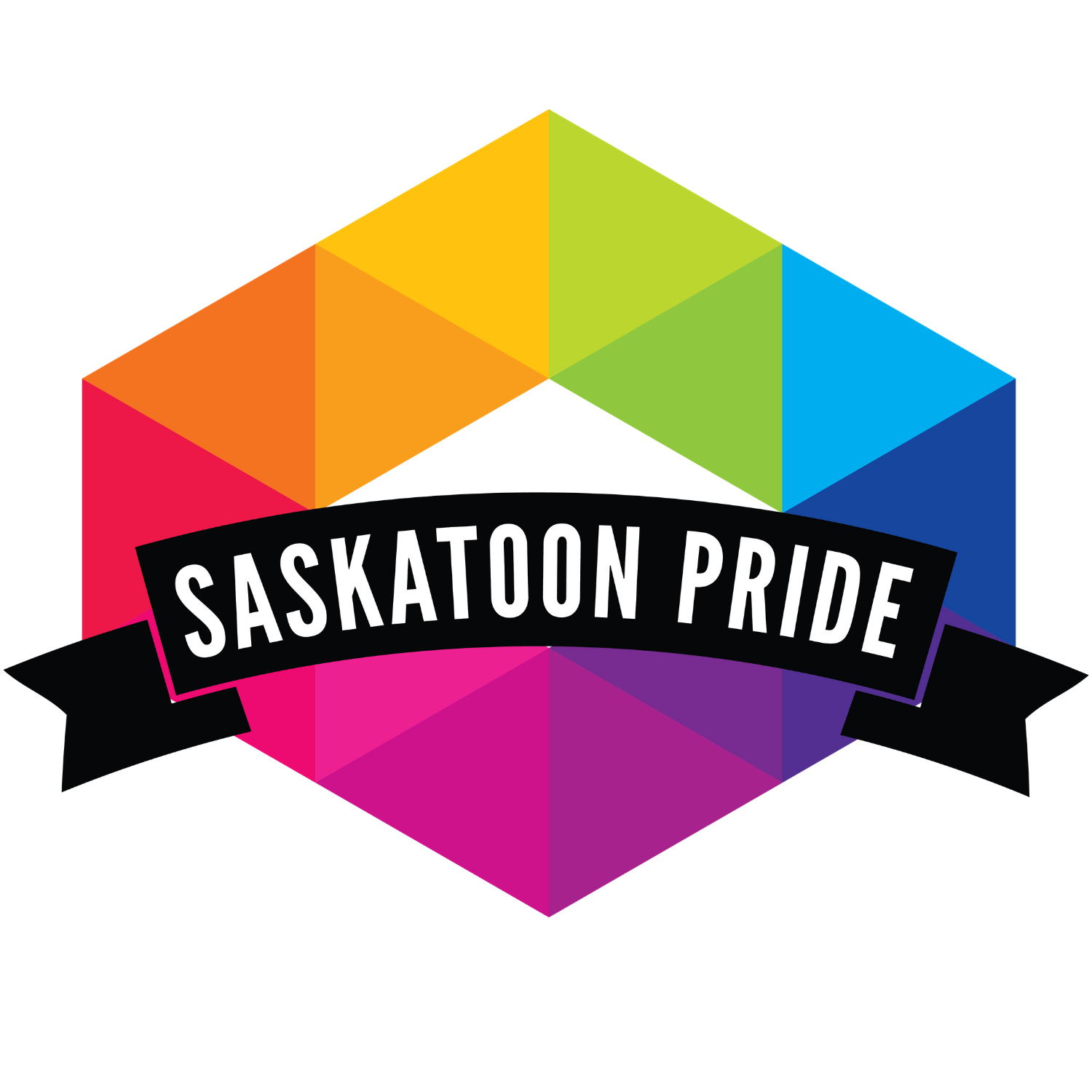Like many people and organizations in our city, Saskatoon Pride has taken up the call to join the intersectional, global movements for social justice by making space for BIPOC (Black, Indigenous, People of Colour) voices. Saskatoon is fortunate to have a wealth of thought-leaders and organizations to help us on this journey. We are proud to say that Idle No More, a modern surge of the longstanding Indigenous-rights movement, began right here in Saskatoon in 2012. And with training and resources, like this video on racism in Canada, the Saskatoon Anti-racism Network has helped Saskatoon Pride begin its journey of learning how to dismantle white supremacy within the 2SLGBTQ+ rights movement.
When George Floyd was murdered on May 25, 2020, the Saskatoon Pride board grappled with the decision of whether they should cancel the activities planned for June out of respect for Black Lives Matter. They sought advice from a number of the anti-racist educators and activists in Saskatoon who encouraged them to keep it going so that they could use it as a platform to amplify BIPOC voices. The 2020 Virtual Pride Parade opened with montages on the histories of the Civil Rights and Queer Rights movements, a collaboration between Saskatoon Pride and BLM YXE. This year, Saskatoon’s 2021 Virtual Pride Parade opened with powerful words and stories from some of the Two Spirit people in our community, including Saskatoon Pride Board member, Jordy Ironstar, who said:
“As we record this marks the one year anniversary of the BLM march that was held here in Saskatoon. Last year it was difficult to think about celebrating Pride because in a lot of our hearts it wasn’t a time for celebration. This year, we discovered 215 bodies of Indigenous youth out on the west coast showing the rest of Canada what we Indigenous people have known all along. So here we are again in June faced with some of the harsh realities that we have to face as a society. However, that being said, Two spirit, Black, trans, and queer people of colour have always been fighters. We are resilient because we’ve always had to be. So we will continue to celebrate pride in the spirit of resiliency. Before pride was a celebration, it was a movement, it was a statement. As we continue to face injustices, it only makes us stronger and louder.”
As their Queer ancestors before them, Pride Board members like Natasha are taking the continued fight for equity head on. Recognizing her own intersections and privileges within the 2SLGBTQ+ community, while drawing on her experiences of working in large Prides like Portland and Vancouver, Natasha practices what the 2SLGBTQ+ community speaks. In that the work must be intersectional and accessible for all members.
This work is being done through the trainings for Pride Boards across the country but also how events are held. Historically speaking, lesbian and other women who love women, felt Pride’s were leaving their needs behind; as an intentional foot forward, Saskatoon Pride hosts the annual Gurls Party to create a space for all women and non-binary peoples who love women to celebrate one another. Families, who in some spaces may feel unseen, are being uplifted through events like the Family Pride BBQ, Pride at the Drive-In, and Rainbow Car Wash. Or Trans, Non-Binary, and Gender Diverse community members who find their identities siloed are now finding intersections in events like Saskatoon Symphony Orchestra’s Trans and Non-Binary Artists & Composers Panel and Saskatoon Pride’s Trans Rights & Responses to Anti-Trans Movements. These build on the intersectional approaches that Prides across Canada can do, like the Two Spirit Powwow, Two Spirit Ball, and most recently, Saskatoon Pride’s Digital Soil and Stories, an artistic exploration from Two Spirit and Indigenous LGBTQ+ responses on connection to land as safe space.
Join us next year as we continue to build up Saskatoon Pride as a platform for intersectional movements for social justice that holds dear and defends our both the diversity and commonalities of our struggles for equity and dignity for all.
